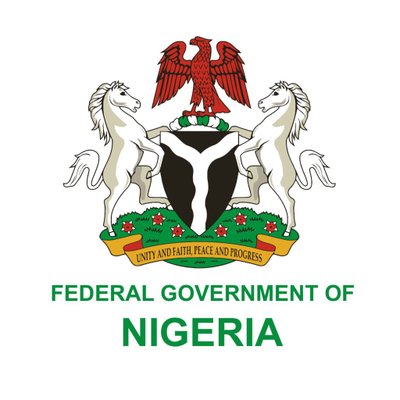The Federal Government has reaffirmed its dedication to advancing inclusive education in Nigeria, aiming to realise the objective of universal basic education fully. This commitment was expressed by Dr Hamid Bobboyi, the Executive Secretary of the Universal Basic Education Commission (UBEC), during a training workshop held in Uyo, the capital of Akwa Ibom State, for 1,878 selected teachers from the South-South region on inclusive education delivery.
In his speech at the event, held simultaneously at three different locations in the state capital, including the Conference Hall of Uranus Hotel and Suites, Aka Itiam, Bobboyi stated that the commission is focused on expanding access to quality basic education for school-aged children, with particular emphasis on those at risk of missing school due to various challenges.
He mentioned that the effort to achieve Sustainable Development Goal 4, which calls on all participating nations to “ensure inclusive, equitable quality education and promote lifelong learning opportunities for all by 2030,” places extra responsibility on education providers to enhance their efforts in special needs education.
The statement highlights the commitment of the Nigerian government to support Special Needs Education within the framework of the Universal Basic Education (UBE) programme. Specifically, 2% of the Federal Government’s consolidated revenue fund, which is already set aside as an intervention fund for UBE, is further allocated to cater to Special Needs Education. This shows a focused effort to ensure that children with special needs are not left out in the drive for universal education.
What FG had to do to Address These Needs
He mentioned that to address these needs, the commission has consistently worked with private providers of special needs education, acknowledging their significant contributions in this field. He also noted that government involvement in establishing and supporting special needs education has grown in recent decades.
The statement highlights data from the INEC 2022/2023 National Personnel Audit regarding special basic schools. According to Bobboyi, a total of 1,019 special basic schools were recorded.
Out of these, 515 were government schools, with a total enrollment of 124,867 learners in basic education. On the other hand, 504 were private special schools, with an enrollment of 51,140 learners. This distinction underscores the division between government and private institutions providing special basic education in Nigeria.
He noted that some private providers offer services without charging fees and are acknowledged by the government, which enables them to receive support from the Federal Government’s UBE Intervention Fund.
The Executive Secretary also stated that the commission has acquired assistive technologies tailored to the specific disabilities of special needs learners and their schools. These technologies include braille machines, crutches, wheelchairs, learning materials for autistic children, and digital resources. He emphasised that such interventions will continue to ensure more learners can access quality education.
He emphasised that the workshop is essential for enhancing the skills of basic education teachers to address the unique challenges children with special needs face effectively. Bobboyi noted that a needs assessment conducted in 2023 revealed significant gaps in teachers’ knowledge and skills regarding learners with mixed abilities, including early identification of disabilities, appropriate remedial actions, referral processes for further support, and fostering empathy and inclusiveness within the school community.
Remarks from UBEC’s Director of Special Programs
Dr. Hajia Aisha Abdul, the Director of Special Programs at UBEC, praised the commission for training an additional 1,878 teachers, including 50 from 25 conventional schools and 2 from each of the 14 operational SMART schools, on implementing inclusive education nationwide.
She mentioned that the commission has created an Inclusive Training Manual with ten modules specifically designed for teacher capacity building. Furthermore, she highlighted plans for follow-up mentoring programs to help teachers effectively apply what they learned in their schools.


